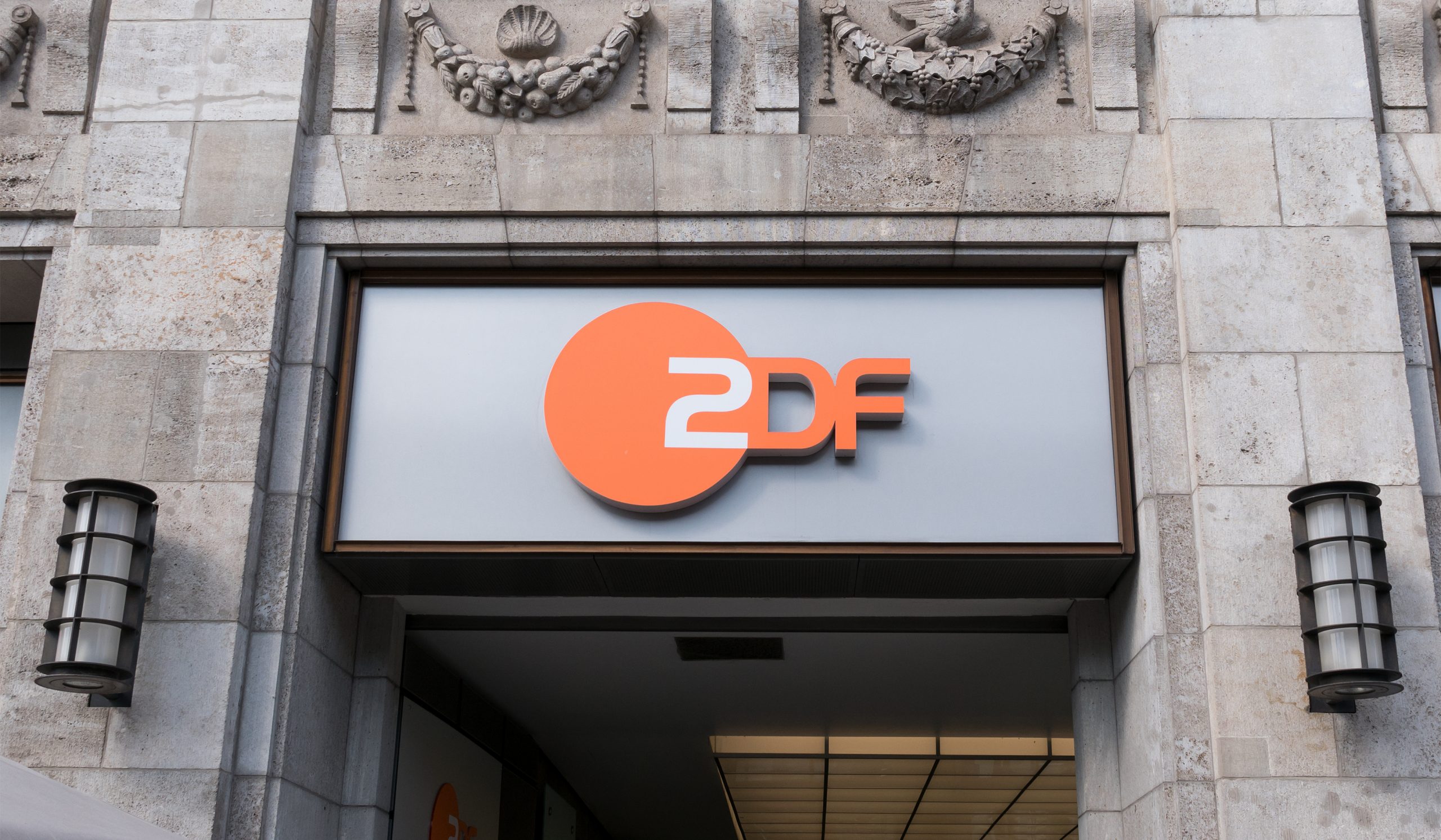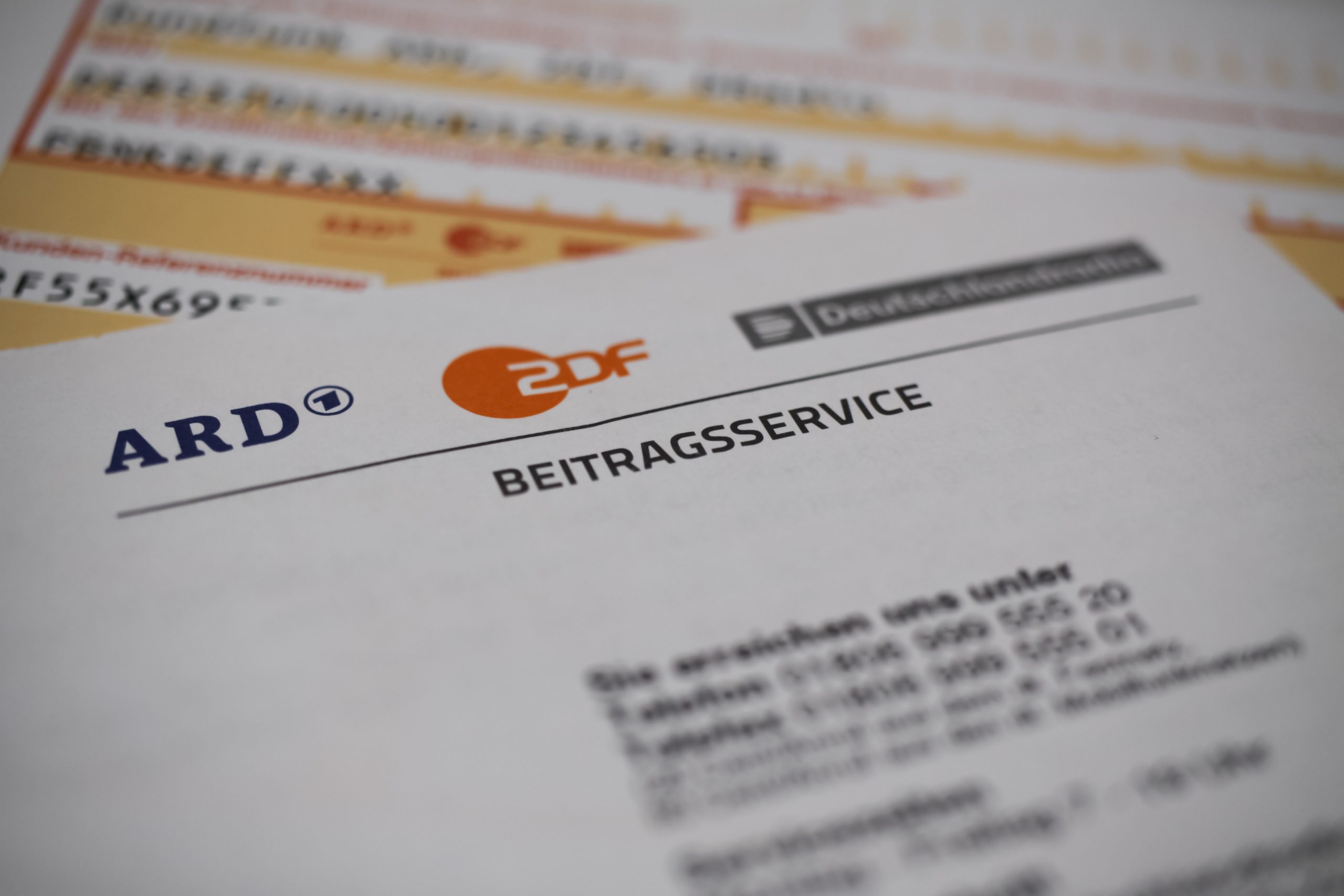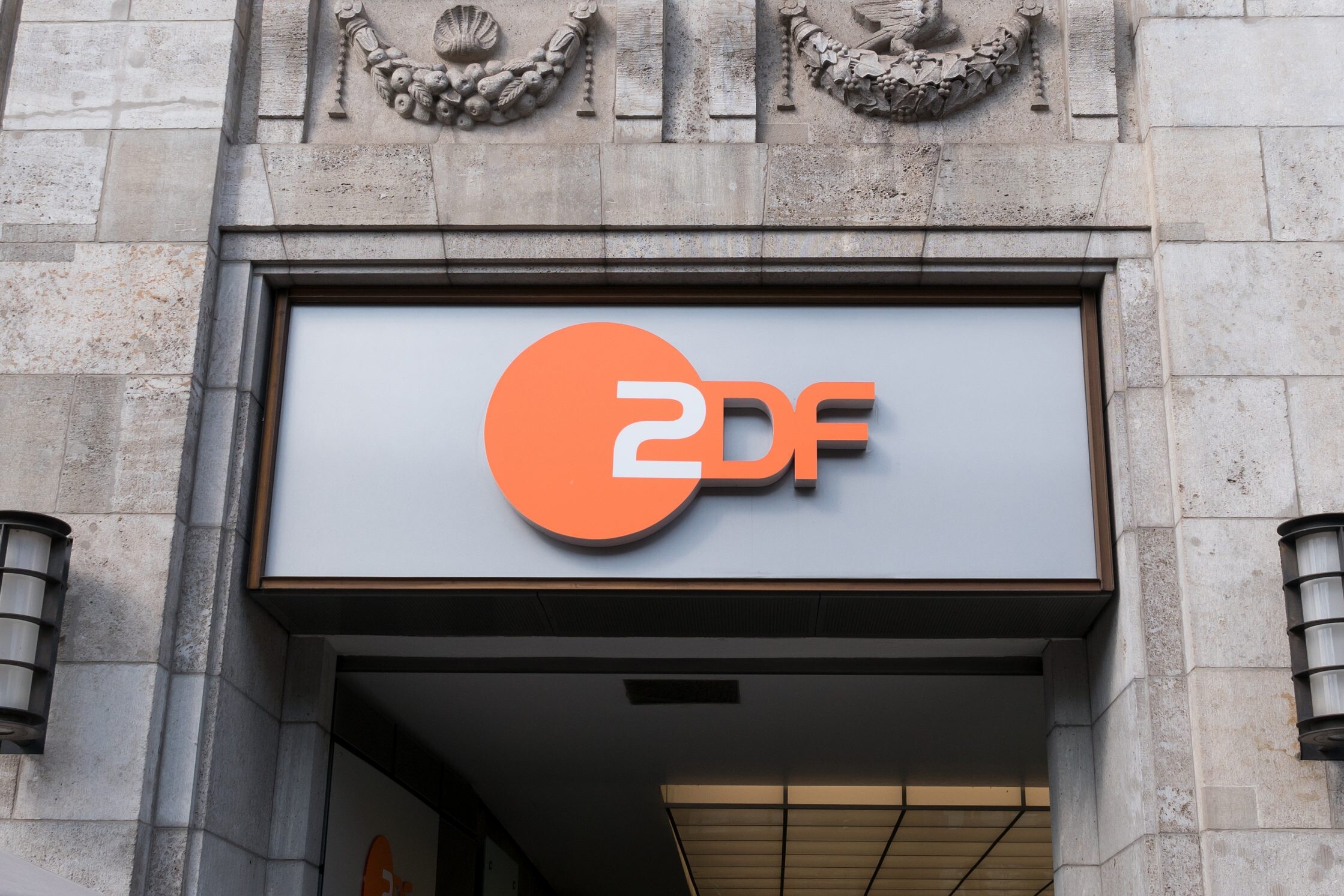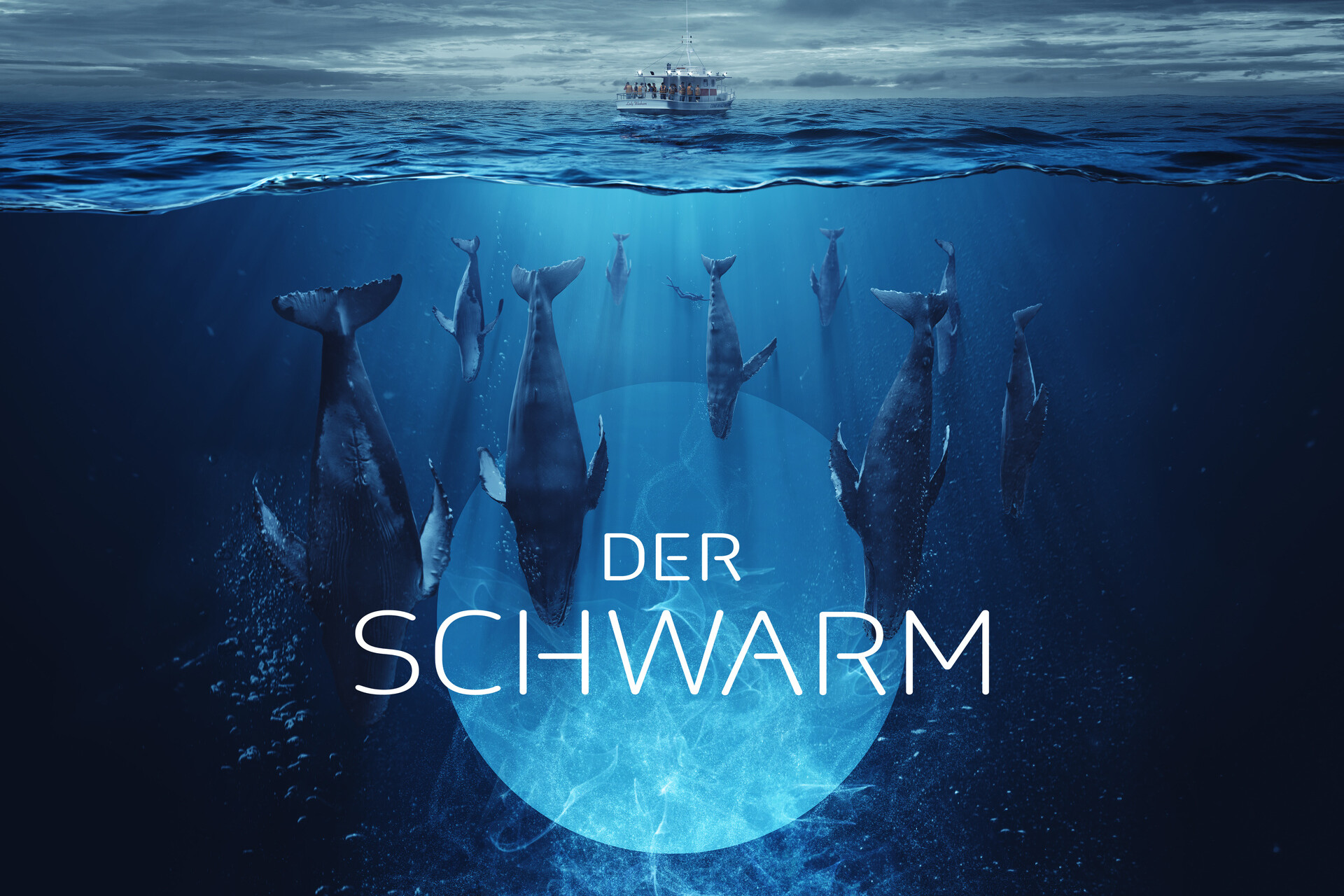MEMBER PRESS RELEASE
ZDF statement on the Future Council
27th March 2024
Statement on the report of the Council for the Future Development of Public Broadcasting of January 24, 2024.

This press release was originally published on ZDF.
ZDF expressly welcomes the fact that the Future Council is taking a positive approach to public broadcasting and fully affirms its necessity. The framework conditions for the work of the media and public broadcasting in particular are characterised by an ever-increasing polarisation of society, by populism and radicalisation, hatred, incitement and violence and terrible wars in Ukraine and the Middle East. We are facing revolutionary challenges, driven by artificial intelligence, which on the one hand presents significant opportunities, but on the other hand poses risks to the truth, authenticity and credibility of facts and reporting.
The mission definition outlined by the Future Council certainly does justice to these challenges. With regard to the three pillars of public broadcasting, the Future Council states that “two public broadcasters that compete with each other like ARD and ZDF will continue to be necessary in the future for a country as large as the Federal Republic of Germany in the interest of diversity and are appropriate”. At the same time, the Future Council is calling for a “visible distinction” between ARD and ZDF, which requires a sharpening of the profile when implementing the bid. In this sense, we also understand the discussed emphasis on regionality in ARD’s programming mandate and the special position of Deutschlandradio as the only supra-regional radio provider. Further development of the cooperation between ARD, ZDF and DRadio makes sense, but also requires ARD structures that also make cooperation economically and efficiently possible for ZDF.
Read more: ZDF and ARD: Recommended funding increase “challenging”
The emphasis on an independent, intellectually and journalistically, structurally and financially independent, public broadcaster is a requirement for ZDF, as is the struggle for balanced and pluralistic reporting.
The strategy project “One ZDF for all” coordinated with the committees aims to fulfill this claim. Younger audiences will be addressed more strongly in the next few years by reallocating program funding of a permanent 100 million euros annually. Modern programmatic commitments and a “Compass” control system should also do justice to this, as well as modern audience participation with the “ZDFmitreden” platform, our innovation efforts with the founding of our own AI agency and ultimately the use of fact checkers against fake news.
The Future Council correctly states that the mission of public broadcasting is not limited to (political) journalism, but also expressly refers to information, education, culture as well as fiction, entertainment and sport, because this is the only way to reach a broad audience . In doing so, the Future Council highlights an important aspect of public service offerings. The expansion of the offer to include foreigners living in Germany who acquire German citizenship opens up interesting perspectives.
The emphasis on the educational mission is correct. Copyright obstacles should be reduced, among other things, through a framework agreement between the Conference of Ministers of Education and Cultural Affairs and collecting societies. A ZDF research project on the educational mission of public broadcasting is currently underway in collaboration with the Leibniz Institute for Media Research Hans Bredow Institute (HBI) and the Social Cohesion Research Institute (FGZ). Collaborations with schools in particular are to be initiated under the title “ZDF goes school”.
The following is a detailed response to individual proposals in the report, particularly those addressed directly to broadcasters. It should be taken into account that the states have already taken up some of the Future Council’s approaches in the Third and Fourth Media Amendment Treaty, for example on sharpening orders, strengthening committee control as well as transparency and compliance. All reforms of the legal framework for public broadcasting must be measured against the constitutional principles of pluralism, distance from the state and program autonomy.
Related Posts
29th February 2024
ZDF & ARD: Recommended funding increase “challenging”
The KEF’s recommendation to raise the…
16th June 2023
ZDF, ORF and SRF are once again increasing volume in co-productions
The public television stations, ZDF,…


